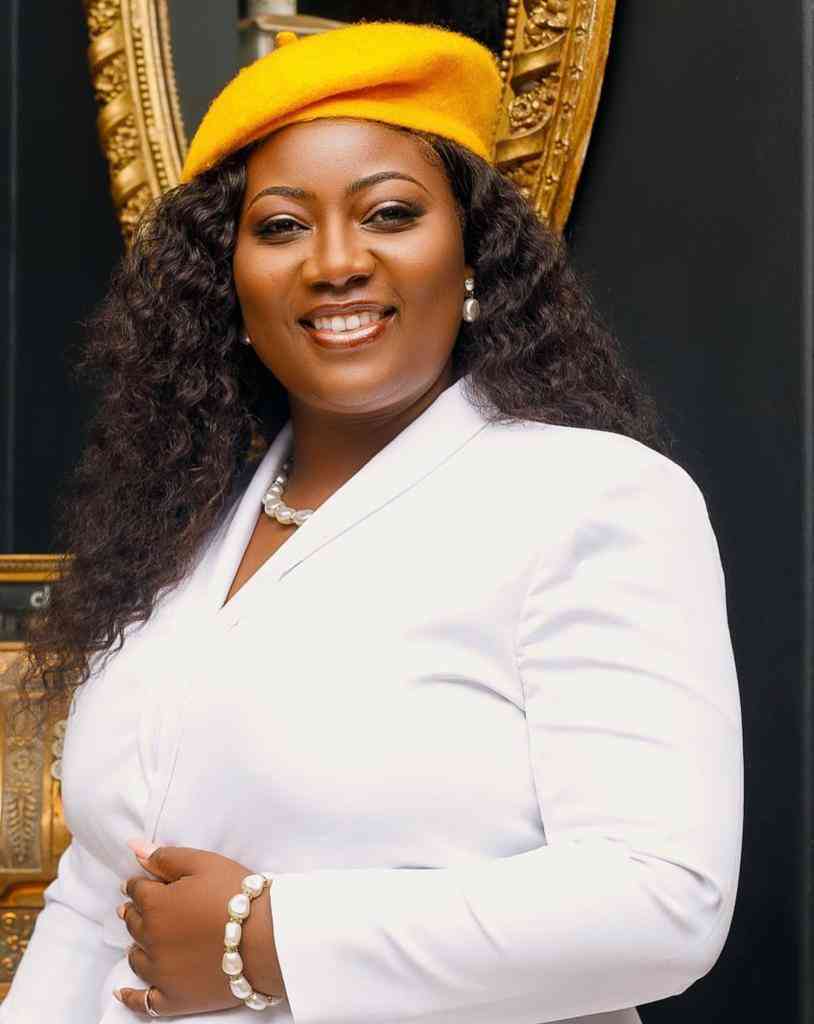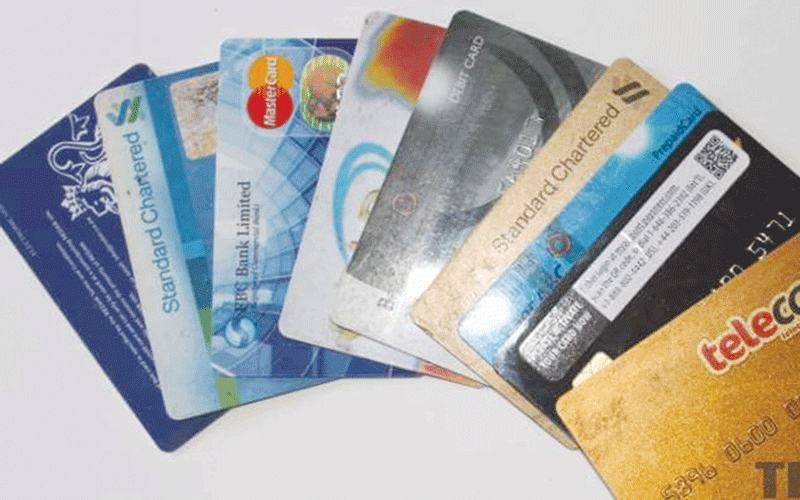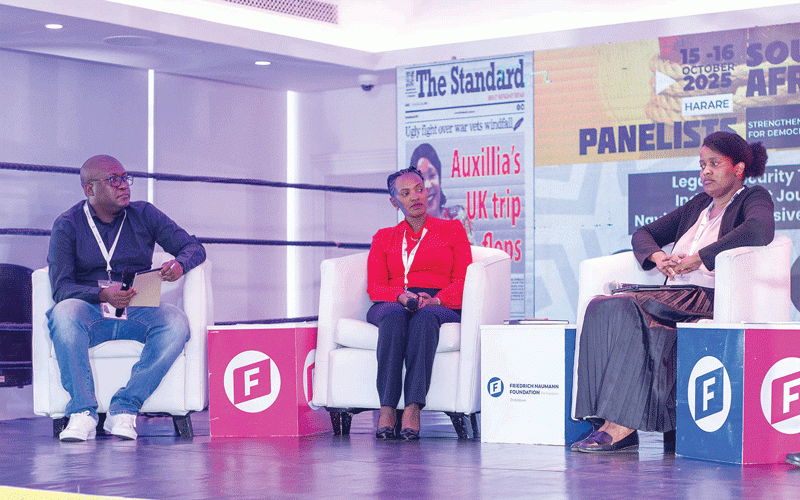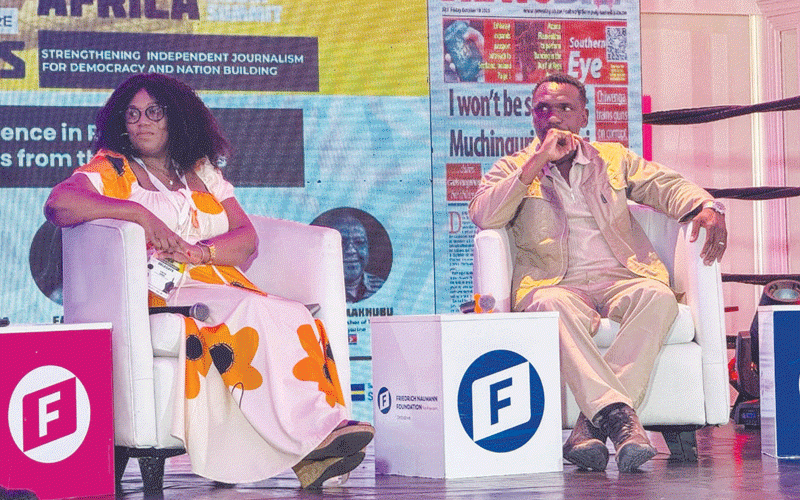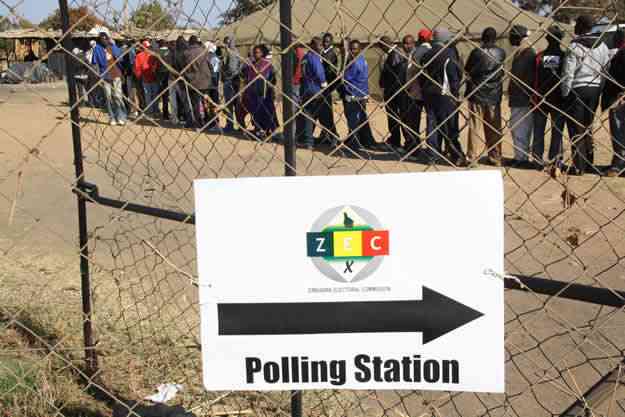
THERE is growing certainty that the Southern African Development Community (Sadc) will not deliberate on its adverse report regarding Zimbabwe’s 2023 elections during the bloc’s 44th summit in Harare, scheduled for August 17.
President Emmerson Mnangagwa, who won last year’s election, will assume the chairmanship of Sadc.
Sadc’s observer mission, led by former Zambian deputy president Nevers Mumba, issued an adverse report on the election.
“Some aspects of the ... election fell short of the requirements of the Constitution of Zimbabwe, the Electoral Act and the Sadc Principles and Guidelines governing democratic elections,” Mumba said.
It was a rare rebuke from the 16-nation Sadc whose observers usually endorse polls in member countries.
Mumba was appointed by Zambian President Hakainde Hichilema, who is the chairperson of Sadc’s Organ on Politics, Defence and Security Cooperation.
Sadc sources suggest that this situation casts doubt on whether the bloc will discuss Zimbabwe’s elections, especially with Mnangagwa assuming leadership from Angola's President João Manuel Gonçalves Lourenço.
In addition, sources within Sadc’s electoral mission for Zimbabwe’s 2023 elections, which Mnangagwa narrowly won against his closest rival Nelson Chamisa, indicated that the 16-member bloc was unlikely to deliberate on Harare’s polls.
- Sadc meets over water, energy and food security
- 5 Zim cops off to South Sudan
- Opposition loses hope on reforms
- Chinese tile maker fights taxes in Zim and Zambia
Keep Reading
Chamisa led the Citizens Coalition for Change, which he has since abandoned.
“With Zimbabwe in charge now, we do not know whether they will discuss the report or not. We are completely detached from it (the report) now. It is a Sadc document,” a source, who was in the Sadc observer mission, said.
“We do not expect to be invited. We have no role there. We wish Sadc great success.”
A communiqué released by the bloc on July 29 does not specify whether Zimbabwe will be discussed during the summit.
However, the summit will receive a report from the chairperson of the Organ on Politics, Defence and Security Cooperation.
“Among some of the key issues, the 44th Sadc summit will receive the report of the chairperson of the Organ on Politics, Defence and Security Cooperation; review progress on the implementation of the priorities of the Sadc Regional Indicative Strategic Development Plan (RISDP) 2020-2030; receive update of the food security and the impact of the El Niño-induced drought and floods in Sadc region …” the communiqué reads in part.
Stephen Chan, a professor of World Politics at London University observed that the meeting will not focus on Zimbabwe’s election, which also received adverse reports from the United States, European Union and the Commonwealth.
Chan told the Zimbabwe Independent: “The summit is likely to be low key without any significant reference to the Sadc observers' report.
“For Sadc as a bloc, stability as an organisation is more important than fair democracy. The outgoing chairperson, the President of Angola, was hardly noted for untainted elections in an open society.”
The head of the European Union observer mission, Fabio Massimo Castaldo, said the election “fell short of many regional and international standards”.
“Violence and intimidation resulted ultimately in a climate of fear,” he said.
Commonwealth observer mission chair Amina Mohamed, of Kenya, said overall the voting process was “well conducted and peaceful”, but a “number of significant issues” impacted on the election’s “credibility” and “transparency”.
Another political analyst, Reuben Mbofana also indicated Mumba’s report might not come under the spotlight.
“The Sadc elections observer mission on August 2023 election report will not be on the agenda. As far as Sadc is concerned, the issue is now water under the bridge,” he noted.
With Mnangagwa at the helm of the bloc, Mbofana added, Harare’s administration will effectively ignore Mumba’s damning report.
He stressed: “Mnangagwa’s assumption of the Sadc chair effectively kills the issue of Zimbabwe's disputed 2023 elections.
“One of the roles of the Sadc chairperson is to call for meetings and set the agenda for these meetings. As such, there is no way Mnangagwa will call for a meeting with Zimbabwe’s elections on the agenda,” Mbofana said.

